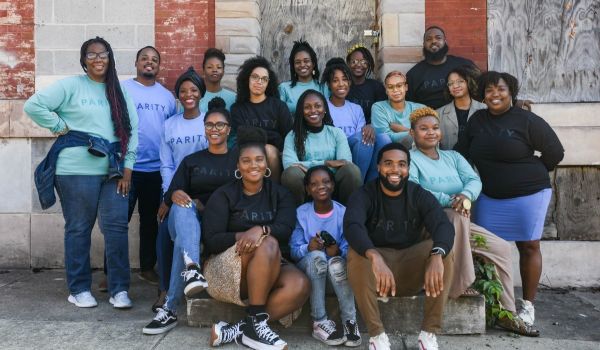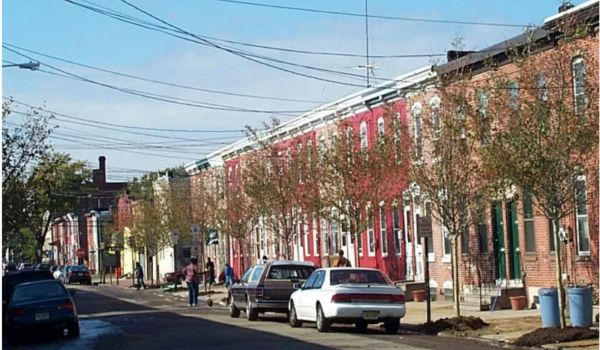The Data Is In: A Four-Day Workweek Really Is Better For Everyone
For the past six months, 3,300 workers at 73 British companies have been participating in the world’s biggest trial of the four-day workweek, cutting their hours by 80% while receiving the same pay. Nearly all the companies surveyed say their productivity has been steady or gone up, according to The Nation; a handful say it has improved significantly. Surveys show that the share of sleep-deprived employees has fallen from about 43% to under 15%. “So far, the evidence that’s rolling in points in a clear direction: A shorter week allows workers to better take care of themselves without sacrificing productivity,” The Nation concludes,.
Large-Scale East Baltimore Redevelopment Shows Challenges
The Urban Institute has published its analysis of the ongoing East Baltimore Development Initiative, a controversial revelopment project which has invested or leveraged over $1 billion into the city’s mostly-Black Middle East community since 2003 with support of Johns Hopkins University. The evaluation of one of America’s largest and longest-running comprehensive community initiatives is grim. Income levels, poverty rates, home values and racial makeup has remained steady; rents have increased and homeownership rates have dropped; and less than half of the neighborhood’s original residents will return to the redeveloped area. “To proceed, development in the area still requires concessionary or free (i.e., grant) capital: demand for residential or commercial space is not strong enough to support market-rate development at these levels,” author Brett Theodos notes.
Pandemic Boosts Rising Black, Asian, Latino Homeownership
A Washington Post analysis of new census data reveals that 2021 saw the largest increase in homeownership among Black, Latino and Asian households since the Great Recession – more than seen among white families. “We’re seeing a real spark in Black and Latino homeownership because people — in large part, millennials — were able to save during the pandemic,” Brookings Institute fellow (and Next City board member) Andre Perry told the Post. Federal stimulus checks, rental aid and student loan pauses helped families save more, and low interest rates made taking out a loan easier. With much of that assistance drying up, it’s unlikely this shift will be long-lived. “But what you saw in 2021 is a good thing because homeownership creates wealth and other opportunities that benefit entire communities,” Perry noted.
Boston Rolls Out Commercial Acquisition Program For Minority Business Owners
Boston’s Planning and Development Agency is launching a program to purchase properties for minority small business owners, the Boston Business Journal reports in a piece looking at commercial property ownership for small Black-owned businesses as a solution to closing the city’s racial wealth gap. Born out of Boston chief of economic opportunity and inclusion Segun Idowu’s experience heading up the Black Economic Council of Massachusetts, the pilot project aims to keep successful minority-owned businesses in city neighborhoods, protecting them from displacement via gentrification and rising rents. The agency may hold the property or agree to transfer the property over to business owners if they meet certain conditions. Down the line, the program aims to provide loans – ideally at zero interest, Idowu says – to small minority business owners looking to purchase property.
This article is part of The Bottom Line, a series exploring scalable solutions for problems related to affordability, inclusive economic growth and access to capital. Click here to subscribe to our Bottom Line newsletter.
Aysha Khan is the managing editor at Next City.
Follow Aysha .(JavaScript must be enabled to view this email address)


















